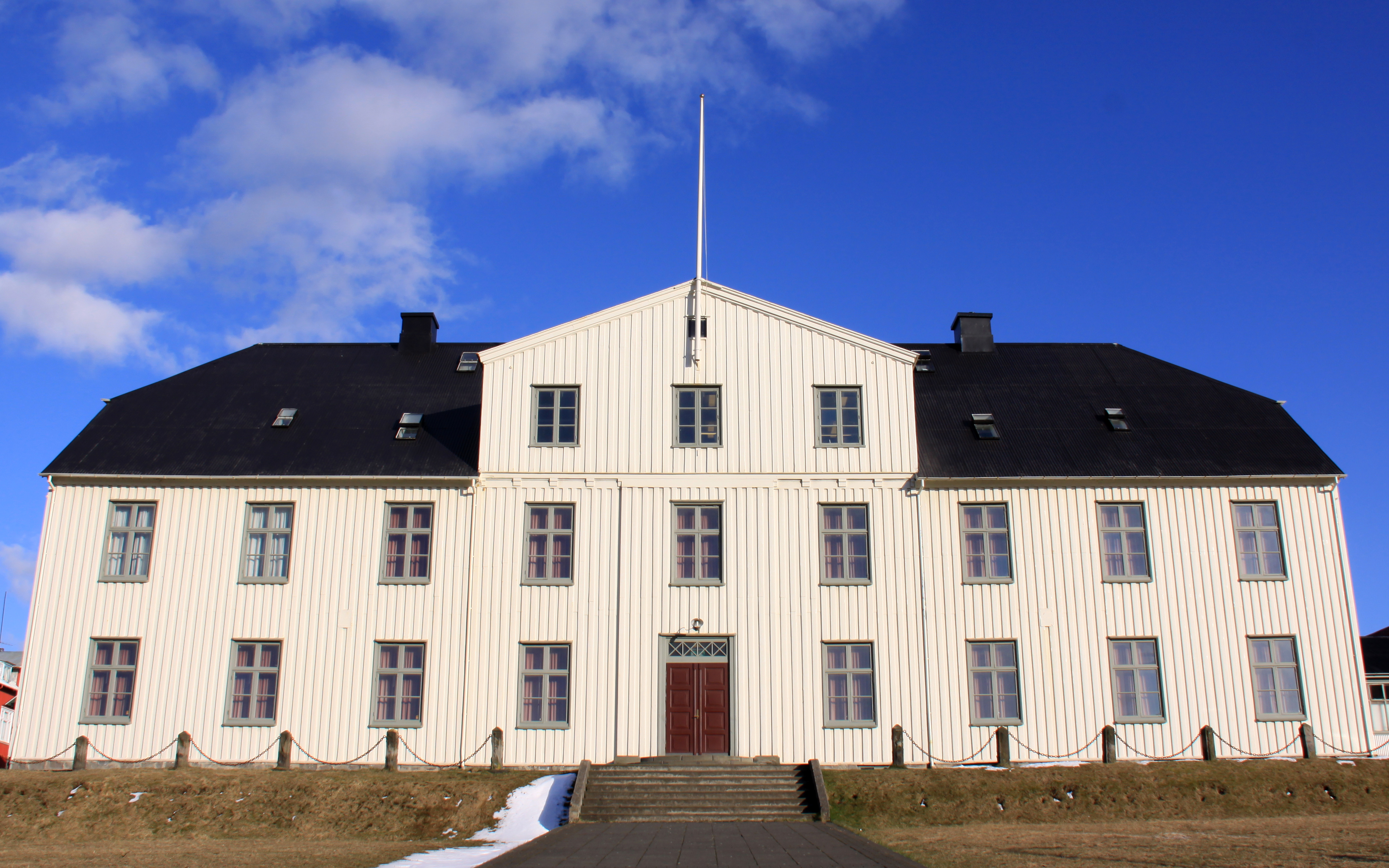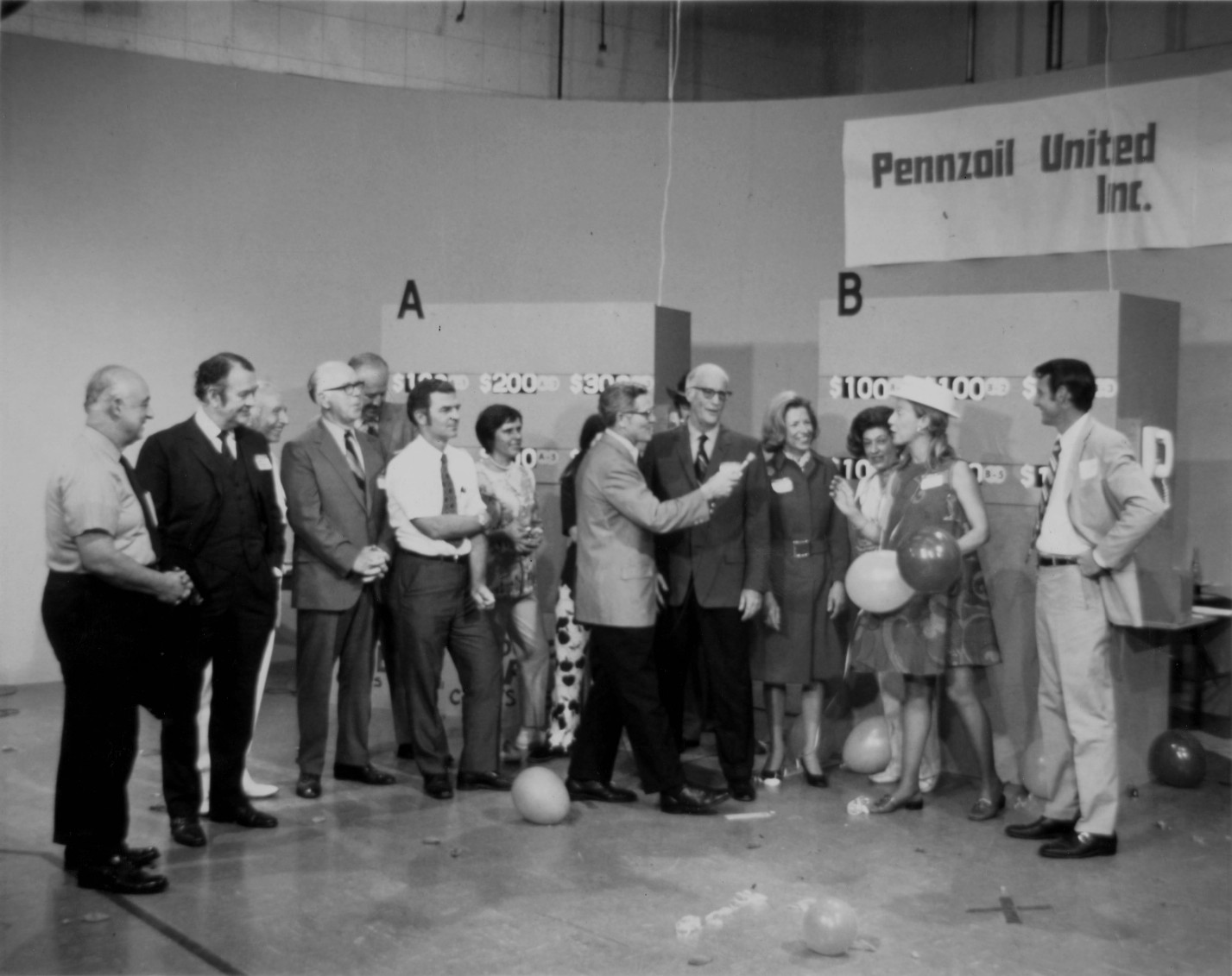|
Gettu Betur
''Gettu betur'' () is an Icelandic team quiz show, broadcast on public television channel RÚV. Each team consists of three students from one of Iceland's high schools or colleges. Two teams play against each other in each episode. Two preliminary rounds are broadcast on radio station Rás 2, followed by televised quarter-final, semi-final and final rounds on ''RÚV''. Thirty schools participated in the 2011 season. The current host is Kristjana Arnarsdóttir. ''Gettu betur'' was first held in 1986. Menntaskólinn í Reykjavík has won the contest 20 times overall, first in 1988, and then eleven times in a row, from 1993 to 2003, from 2007 to 2010 and in 2012, 2013, 2015 and 2016. The only other schools to win more than once are Menntaskólinn á Akureyri, with three wins and Kvennaskólinn í Reykjavík with two. Seasons Board game A competitive trivia Trivia is information and data that are considered to be of little value. It can be contrasted with general knowledge ... [...More Info...] [...Related Items...] OR: [Wikipedia] [Google] [Baidu] |
Game Show
A game show is a genre of broadcast viewing entertainment (radio, television, internet, stage or other) where contestants compete for a reward. These programs can either be participatory or Let's Play, demonstrative and are typically directed by a game show host, host, sharing the rules of the program as well as commentating and narrating where necessary. The history of game shows dates back to the invention of television as a medium. On most game shows, contestants either have to answer questions or solve puzzles, typically to win either money or prizes. Game shows often reward players with prizes such as cash, trips and goods and services provided by the show's sponsor. History 1930s–1950s Game shows began to appear on radio and television in the late 1930s. The first television game show, ''Spelling Bee (game show), Spelling Bee'', as well as the first radio game show, ''Information Please'', were both broadcast in 1938; the first major success in the game show genre was ... [...More Info...] [...Related Items...] OR: [Wikipedia] [Google] [Baidu] |
RÚV
Ríkisútvarpið (RÚV) (pronounced or ) ( en, 'The Icelandic National Broadcasting Service') is Iceland's national public-service broadcasting organization. Operating from studios in the country's capital, Reykjavík, as well as regional centres around the country, the service broadcasts an assortment of general programming to a wide national audience via three radio stations: Rás 1 and Rás 2, also available internationally; Rondó (only available via the Internet and digital radio); and one full-time television channel of the same name. There is also a supplementary, part-time TV channel, RÚV 2, which transmits live coverage of major cultural and sporting events, both domestic and foreign, as required. History RÚV began radio broadcasting in 1930 and its first television transmissions were made in 1966. In both cases coverage quickly reached nearly every household in Iceland. RÚV is funded by a broadcast receiving licence fee collected from every income tax payer, a ... [...More Info...] [...Related Items...] OR: [Wikipedia] [Google] [Baidu] |
Kvennaskólinn í Reykjavík
Reykjavik Women's Gymnasium ( Icelandic: Kvennaskólinn í Reykjavík) was the first secondary school for women in Iceland. It was begun in 1874 by Þóra Melsteð and Páll Melsteð, as a private school. For the first four years the school was located in the home of the founders near the Parliament Building in the center of Reykjavík. In 1909, it was moved to a new building at Fríkirkjuvegur and the primary offering became domestic science. The curriculum was later expanded to include liberal arts. Between 1911 and 1942, the school home economics department was one of its primary offerings, but that course was discontinued when the Húsmæðraskóli was built. In 1946 the school became part of the public education system of Iceland, admitting girls who had passed their primary school examinations. Completion of the school's four-year program conferred a certificate, which was usually called "Kvennaskólapróf". With the passage of the Primary School Act in 1977, the first boy ... [...More Info...] [...Related Items...] OR: [Wikipedia] [Google] [Baidu] |
Akureyri Junior College
The Akureyri Junior College ( is, Menntaskólinn á Akureyri , regionally also ; la, Schola Akureyrensis) is an Icelandic gymnasium (academic secondary school). It is one of the oldest educational institutions in Iceland. The Menntaskólinn á Akureyri traces its roots to the ancient school in Hólar in Hjaltadalur valley, founded in the beginning of Jón Ögmundsson's episcopacy in 1130. Operation of that school was discontinued in 1802 but a campaign to reopen the school of the 'Northland' was soon launched. Success came in 1880 when a 'learned school' was opened at Möðruvellir in the valley of Hörgárdalur. The building in Möðruvellir burnt down in 1902 and the school was moved to Akureyri, where it is currently located. Today the Junior College is attended by about 700 pupils every year, and on the national day of Iceland, 17 June, approximately 120 students graduate yearly. The Junior College's headmaster is Jón Már Héðinsson. Tryggvi Gíslason (born 11 June ... [...More Info...] [...Related Items...] OR: [Wikipedia] [Google] [Baidu] |
Menntaskólinn í Reykjavík
Menntaskólinn í Reykjavík (MR; official name in English: Reykjavik Junior College) is a junior college in Iceland. It is located in Reykjavík. The school traces its origin to 1056, when a school was established in Skálholt, and it remains one of the oldest institutions in Iceland. The school was moved to Reykjavík in 1786, but poor housing conditions forced it to move again in 1805 to Bessastaðir near Reykjavík. In 1846 the school was moved to its current location, and a new building was erected for it in Reykjavík. This was the largest building in the country at the time and can be seen on the 500 Icelandic krona bill. It was used initially when Althing began to meet again in Reykjavík after a few years hiatus and thus it is in this building where Icelandic independence leader Jón Sigurðsson led the MPs in their famous phrase, '' Vér mótmælum allir''. The school has previously been known as ''Lærði skólinn'' (The Learned School), ''Latínuskólinn'' (The Latin ... [...More Info...] [...Related Items...] OR: [Wikipedia] [Google] [Baidu] |
DV (newspaper)
''DV'' (''Dagblaðið Vísir'') is an online newspaper in Iceland published by Torg ehf. It came into existence as a daily newspaper in 1981 when two formerly independent newspapers, Vísir and Dagblaðið, merged. Early on it was one of the largest newspapers in Iceland and at one point had a 64% readership in Iceland. In the 1990s its readership started to dwindle and in 2003 its publisher was declared bankrupt. It was resurrected a week later by the publisher of Fréttablaðið. In 2006 it was changed from a daily newspaper into a weekly one. Since then it has changed publishers regularly and in 2018 its publisher, DV ehf., went bankrupt. Its assets were bought by a new publisher, . In December 2019, Torg ehf., the owner of Fréttablaðið, agreed to buy Dagblaðið Vísir from Frjáls Fjölmiðlun ehf. The media has changed dramatically since its inception. Today it online only and focuses mainly on sensational crime stories, astrology, and domestic and foreign celebrity ne ... [...More Info...] [...Related Items...] OR: [Wikipedia] [Google] [Baidu] |
Rás 2
Rás 2 (''Channel 2'') is an Icelandic radio station belonging to the National Icelandic Broadcasting Service, RÚV. Launched on 1 December 1983, it is currently the highest-rated radio station in Iceland, with a schedule composed chiefly of news, current affairs, and pop and rock music. Rás 2 is broadcast throughout the country from a network of 90 FM transmitters (99.9 MHz is the channel's main frequency in Reykjavík), via Satellite and also streamed on the Internet. Logos File:Ras2logo.png, 1983 to 2011 Rás 2 (2011).png, 2011 to 2019 See also * Rás 1 * RÚV Ríkisútvarpið (RÚV) (pronounced or ) ( en, 'The Icelandic National Broadcasting Service') is Iceland's national public-service broadcasting organization. Operating from studios in the country's capital, Reykjavík, as well as regional cent ... References External links * Radio stations in Iceland Companies based in Reykjavík Radio stations established in 1983 {{Iceland-media-stub ... [...More Info...] [...Related Items...] OR: [Wikipedia] [Google] [Baidu] |
Quiz Show
A game show is a genre of broadcast viewing entertainment (radio, television, internet, stage or other) where contestants compete for a reward. These programs can either be participatory or demonstrative and are typically directed by a host, sharing the rules of the program as well as commentating and narrating where necessary. The history of game shows dates back to the invention of television as a medium. On most game shows, contestants either have to answer questions or solve puzzles, typically to win either money or prizes. Game shows often reward players with prizes such as cash, trips and goods and services provided by the show's sponsor. History 1930s–1950s Game shows began to appear on radio and television in the late 1930s. The first television game show, '' Spelling Bee'', as well as the first radio game show, ''Information Please'', were both broadcast in 1938; the first major success in the game show genre was ''Dr. I.Q.'', a radio quiz show that began in 1939. ' ... [...More Info...] [...Related Items...] OR: [Wikipedia] [Google] [Baidu] |
Iceland
Iceland ( is, Ísland; ) is a Nordic island country in the North Atlantic Ocean and in the Arctic Ocean. Iceland is the most sparsely populated country in Europe. Iceland's capital and largest city is Reykjavík, which (along with its surrounding areas) is home to over 65% of the population. Iceland is the biggest part of the Mid-Atlantic Ridge that rises above sea level, and its central volcanic plateau is erupting almost constantly. The interior consists of a plateau characterised by sand and lava fields, mountains, and glaciers, and many glacial rivers flow to the sea through the lowlands. Iceland is warmed by the Gulf Stream and has a temperate climate, despite a high latitude just outside the Arctic Circle. Its high latitude and marine influence keep summers chilly, and most of its islands have a polar climate. According to the ancient manuscript , the settlement of Iceland began in 874 AD when the Norwegian chieftain Ingólfr Arnarson became the first p ... [...More Info...] [...Related Items...] OR: [Wikipedia] [Google] [Baidu] |
RÚV (television Channel)
Ríkisútvarpið (RÚV) (pronounced or ) ( en, 'The Icelandic National Broadcasting Service') is Iceland's national public-service broadcasting organization. Operating from studios in the country's capital, Reykjavík, as well as regional centres around the country, the service broadcasts an assortment of general programming to a wide national audience via three radio stations: Rás 1 and Rás 2, also available internationally; Rondó (only available via the Internet and digital radio); and one full-time television channel of the same name. There is also a supplementary, part-time TV channel, RÚV 2, which transmits live coverage of major cultural and sporting events, both domestic and foreign, as required. History RÚV began radio broadcasting in 1930 and its first television transmissions were made in 1966. In both cases coverage quickly reached nearly every household in Iceland. RÚV is funded by a broadcast receiving licence fee collected from every income tax payer, a ... [...More Info...] [...Related Items...] OR: [Wikipedia] [Google] [Baidu] |



